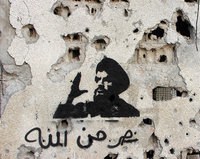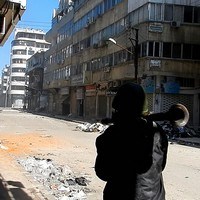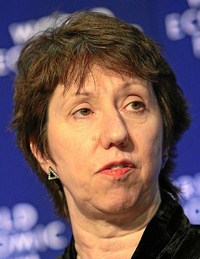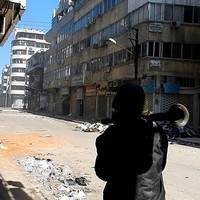
There have been many diplomatic efforts to end the Syrian war, and few if any are worth commemorating. But this week brings the second anniversary of one attempt that, despite making no difference on the ground, offered some evidence of how the international system is evolving. On Aug. 3, 2011, the Security Council agreed a statement calling for an immediate halt to violence in Syria. This was the council’s first significant declaration on the already six-month-old crisis. But it was also notable because of the three countries that championed it: Brazil, India and South Africa, all temporary members of the […]














